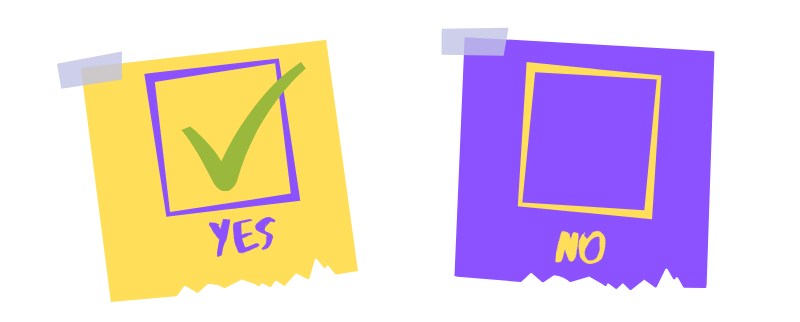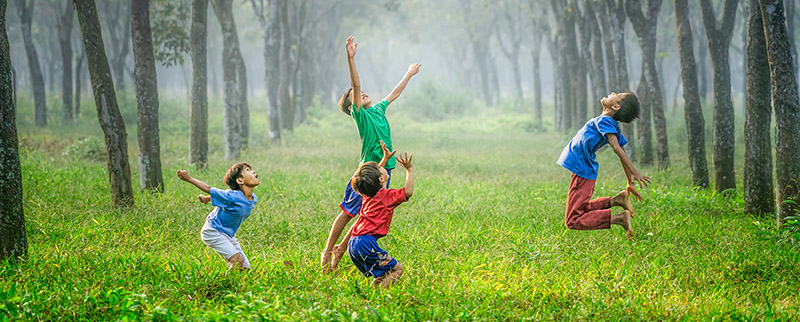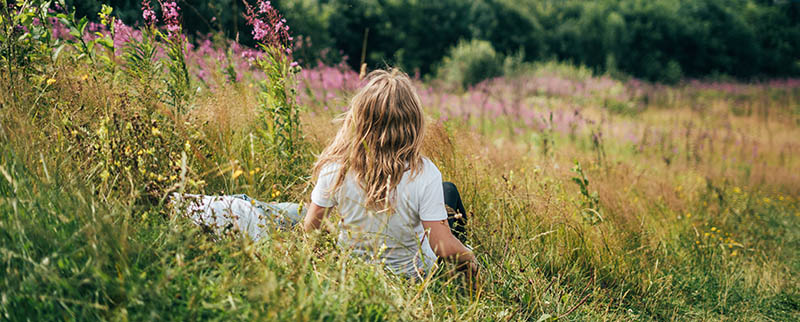On May 25th girls from the Salish Sea Girls’ Leadership Project and recruits from grade 12 at GISS (Gulf Islands Secondary School) entered the high school to talk to the grade 11 students about sexual health and consent. In my own experience, and in speaking with young people in my community, the process of negotiating consent seems to be conflated with a multitude of pressures. R+R has definitely helped to create dialogue amongst youth. However, aspects of negotiation that are rarely discussed are the roles that power, privilege and stereotypes play within everyday expectations of what it means to be a sexual being. Rejection came up as another challenge when talking about consent, and consumption of drugs and alcohol also complicate any form of negotiation.
I believe that any time a pair of people negotiate consent, they bring expectations about gender identity, sexuality and experience. We opened our workshops with conversations about stereotypes with the hope that students and our facilitators might address some dynamics of power/disempowerment that exist in our day-to-day lives. I felt we only skimmed the surface; still, our object was to invoke conversation about how we identify, and how this might influence the way that we treat one another. In discussions after our role-play on consent, we questioned why certain stereotypes came up, where they came from, and how they might be debunked.
We had several conversations in our group about vulnerability, confidence, empowerment, and specifically, how we tend to attribute rejection to a lack of self-worth. The process of rejecting some one else who might be pursuing you was seen as more challenging than being rejected. Our consent scenarios only showed glimpses of what it looks like to experience this “letting down.” I am curious about how youth, or anyone, can communicate in ways that allow for rejection to be a positive process. Instead of immediately attributing rejection to personal inadequacy, can we thank each other for being clear about our boundaries? Our hope with these workshops was to get students thinking about alternative, healthier processes of agreement or consensus. For whoever is initiating, is it possible not to pressure the other person if they seem unsure? Can we use our personal power to be receptive to rejection? Another question was raised in our group –
“why would you want to try and have sex with someone who doesn’t want to have sex with you?”
While Canadian law clearly states that you cannot receive consent from someone who is intoxicated, the reality is that youth are negotiating sexual activity in the same moment that they are dealing with substance use. Our team of facilitators decided collectively that the best message to promote was a sober, enthusiastic yes, but conversations about these issues need to keep happening, because there is clearly no hard and fast solution.

First and foremost, the process of negotiating consent is dependent on those involved. Regardless of social pressures, they decide how those interactions play out. As much as we could all encourage vulnerability, open communication, safety and consent, I believe it will take a lot more than an afternoon of conversation to instigate consenting sexual activity across the board. There is a deeply gendered history of non-consenting sexual interactions. Still, the fact that conversations are even happening with youth today might mean that we are moving forward in a positive direction. I returned home after our workshops and talked with my family and friends about consent, and perhaps students in grade 11 and our team of facilitators did the same.
Elise Pearson, Outreach Coordinator for the Salish Sea Girl’s Leadership project







